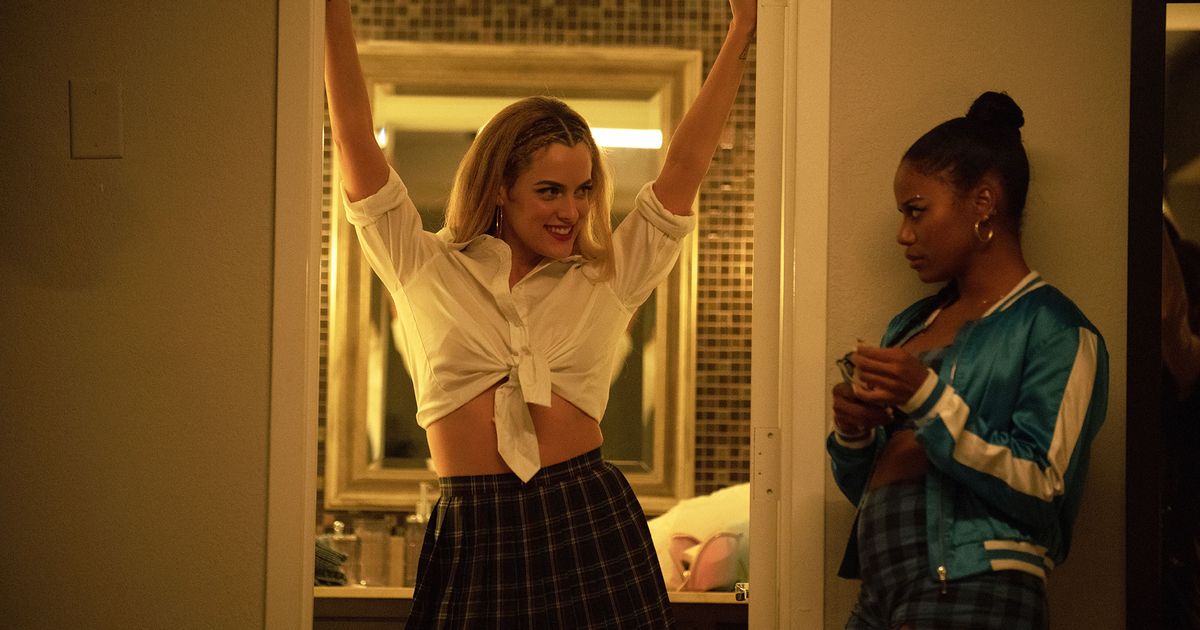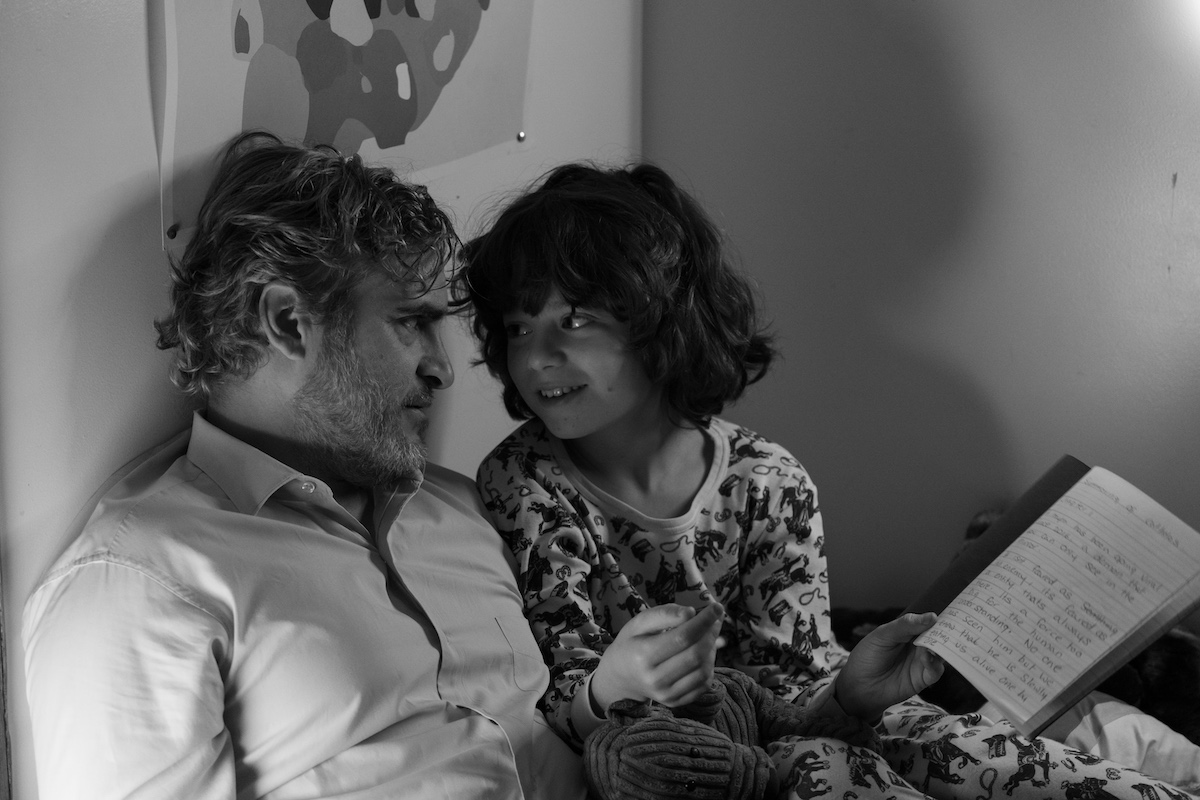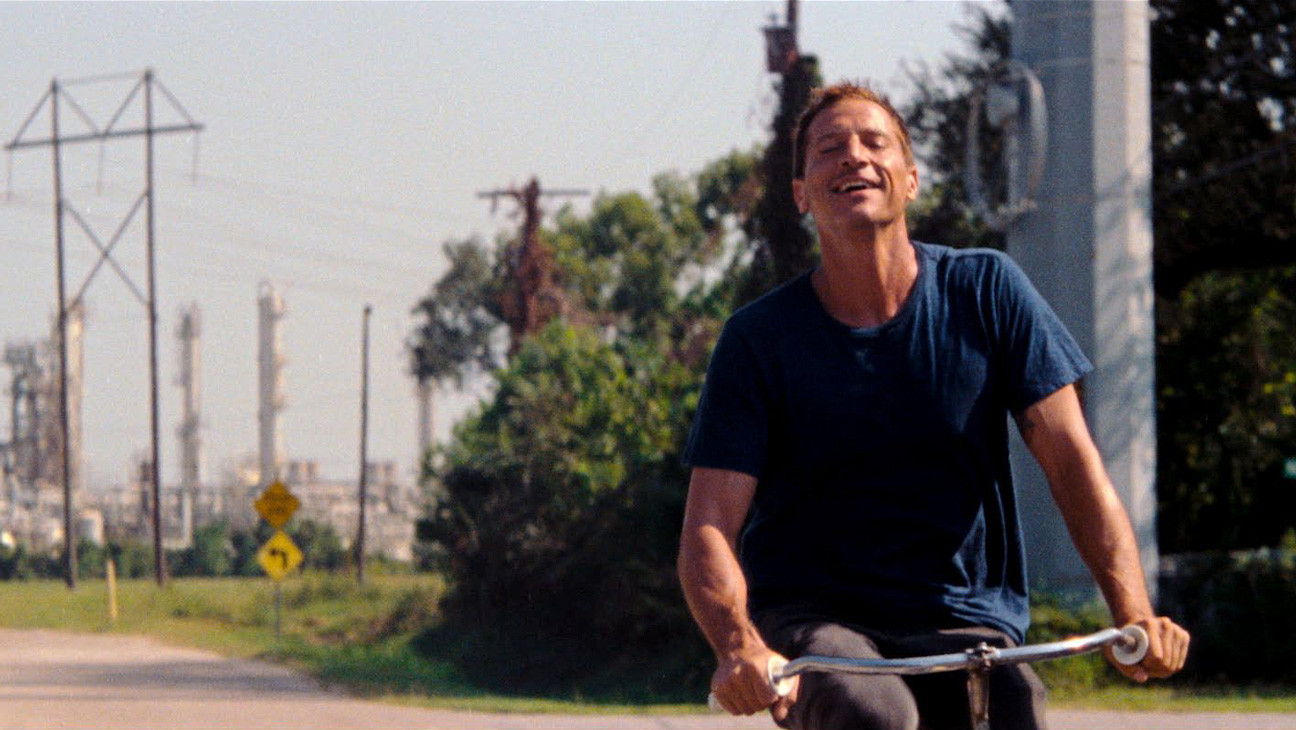6. The Farewell (2019)

An equally heartwarming and sobering family dramedy, The Farewell announced director Lulu Wang as a storyteller of familiar and relatable ideas with a blend of personal flourishes. The film depicts the guise of a fake wedding for the purpose of saying goodbye to the family matriarch, Nai Nai (Shuzhen Zhao), who, unbeknownst to her, has been diagnosed with terminal cancer. Her granddaughter, Billi (Awkwafina), struggles to conceal this secret. Wang does not hesitate to play to viewers’ primal emotions–emphasizing the value of family love and the responsibility of one’s heritage.
On the surface, the film looks like it will fall for the usual saccharine tropes of a story about familial bonds, but there is enough personal sentiment from Wang and contemplation about the generational divide to make the film more curious. Billi is a conflicted character who juggles the machinations of what is right and what is wrong and generally possesses complex feelings about her dysfunctional family. This role provided a stellar opportunity for Awkwafina to exhibit her emotional range and dramatic prowess as an actor. The Farewell is simple, yet magnetic. Mirroring how Billi is reminded to cherish her loved ones, audiences are reminded of the classical and wholesome tales that inspire storytelling.
7. Waves (2019)

Fitting the A24 brand, this film from Trey Edward Shults simply goes for it all. An epic emotional odyssey a la Magnolia, Waves tracks the journey of a suburban American family amidst the varying psychological grappling of a tragedy. The film is heavily concerned with raw emotions, so much so that the idea of expressing complicated feelings serves as the film’s lead character, setting, and tonal device. Understandably, Shults’ film is grating for many viewers. It supremely lacks any whiff of subtlety, the camera refuses to sit still, the soundtrack hijacks the narrative at hand, and the anguish experienced by all the characters hinges on misery porn.
Despite the substantial flaws attached to these components, Waves is undeniably admirable for its ambition. For as determined as Shults is to create an operatic drama about the existential machinations of grief, the film engages with these emotions relatably. By the film’s willpower alone, viewers will feel connected to the story at some level. As many A24 pictures strive for, Waves speaks to contemporary culture, especially with its visual language.
8. Zola (2020)

The initial hook of “the first film to be adapted from Tweets” is certainly enticing to audiences. In an age of cinema that hardly addresses contemporary culture, Zola is a film designed to speak to the social media-driven society of today. This is based on a wild true story about Zola (Taylour Paige), a stripper who is convinced by her friend, Stefani (Riley Keough), to head to Tampa, Florida for financial prosperity.
The string of outlandish twists and turns experienced by the two in their trip was documented by the real-life Zola in a rollicking 148-tweet thread posted in 2015. The energy of the source material is integrated into this film from Janicza Bravo, which premiered at Sundance in 2020 but was ultimately delayed due to the COVID-19 pandemic. The film is proud to be a product of online sentiments and vernacular. In most instances of films about events that are “too unbelievable to be real,” there is a tendency to lean too far into winking irony.
Fortunately, for the betterment of crafting sympathetic characters, Bravo treats the story with the appropriate amount of sincerity but is still cognizant of the inherent comic roots of the story. Zola and Stefani’s madcap journey had a purpose, and the consequences of their dangerous ordeal left an immeasurable impact on their friendship. Visually, the film is consistent with the mentality of living in the sphere of the digital world and reconfigures a scuzzy criminal underworld of Florida with the unofficial A24 house style.
9. C’mon C’mon (2021)

Released in a limited number of theaters while the industry was still under the woes of the COVID-19 pandemic, C’mon C’mon never found the proper footing to attract an audience. Appreciated critically, this film from Mike Mills about a radio journalist (Joaquin Phoenix) who takes his nephew (Woody Norman) on a cross-country journey is the kind of wholesome and endearing storytelling that potentially could have resonated with audiences.
Driven by the charming chemistry between Phoenix and Norman, the film is seamless in keeping viewers engaged through the loose, plotless narrative that never meanders too far into any ideas beyond its reach. Phoenix, in particular, employs his range as an actor, giving a distinguishably soft-spoken and gentle performance as a complicated man sorting out his internal crises. Regarding the layered relationships between the characters and the active environments that are encountered on the road trip, the film feels immediately lived in.
The overt indie and twee sentiment from the film, partially formed due to the pristine black and white photography, will get the knock from some as pretentious, and something resembling a parody of the modern A24 movie. Taken on a whole, however, C’mon C’mon is curious about the livelihood of fractured people who gradually learn to understand each other. At the very least, Mills’ film is relatable on some level.
10. Red Rocket (2021)

The “Bye Bye Bye” needledrop to open Red Rocket should have immediately cemented the film’s greatness, but unfortunately, not enough people, even passionate cinephiles, have yet to experience the tremendous work achieved by Sean Baker. If Tangerine and The Florida Project did not do so already, this film certified Baker as one of the most talented indie filmmakers working today.
The film, following the life of a former pornographic actor, Mikey Saber (Simon Rex), hustling his way through his hometown in Texas to make ends meet, is equally a delight and unflinching examination of a morally complex character. Mikey is the unique kind of character that garners the audience’s sympathy, charm, and disgust all at once. No matter where the viewer falls in a given moment, they can’t help but be affected by his energy.
Baker is not a director who grandstands over his film overtly being about something or is definitive of his sympathies with his characters. Red Rocket is so sure of itself regarding its off-beat tone and unconventional character arc. The film’s disinterest in complying with cinematic norms and redeemable people serving as audience avatars is precisely what A24 strives for in its cinematic mission statement.
While Baker directs the story with assertiveness, he leaves the judgment of Mikey and the small-town population up to the audience. The loose free spirit of the film, in the spirit of John Cassavetes and Italian neorealism, allows each character and location to feel belonging to the real world. If one was ever fascinated to experience a film that was as if the second half of Boogie Nights was the whole picture but still maintained the humor of the first half, Red Rocket is that manifestation.